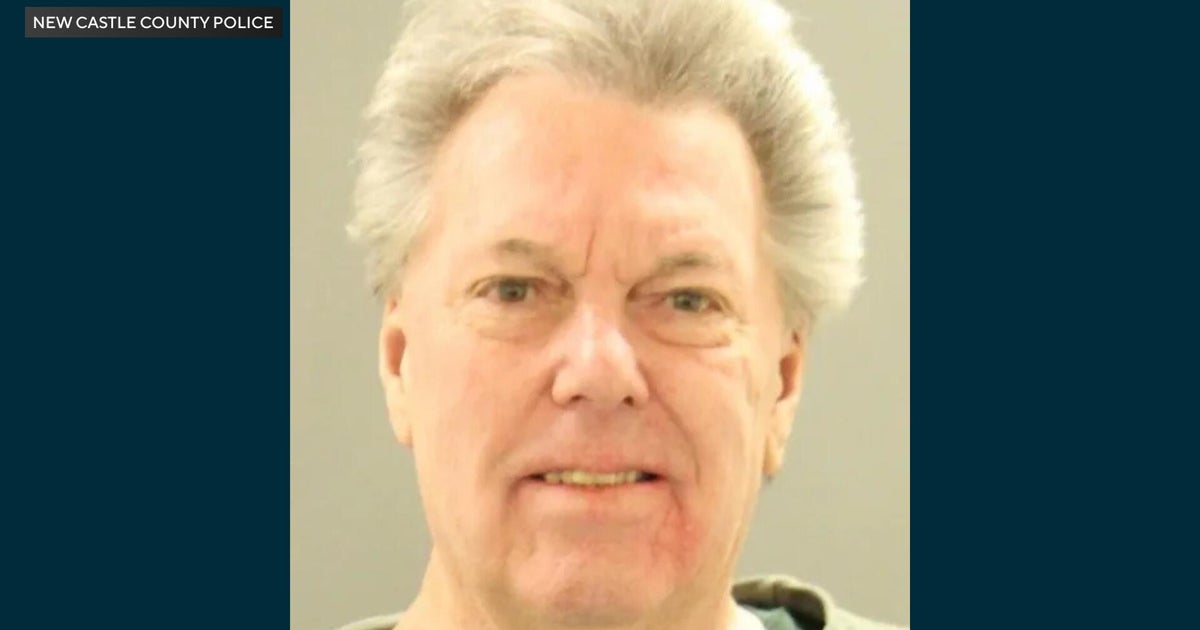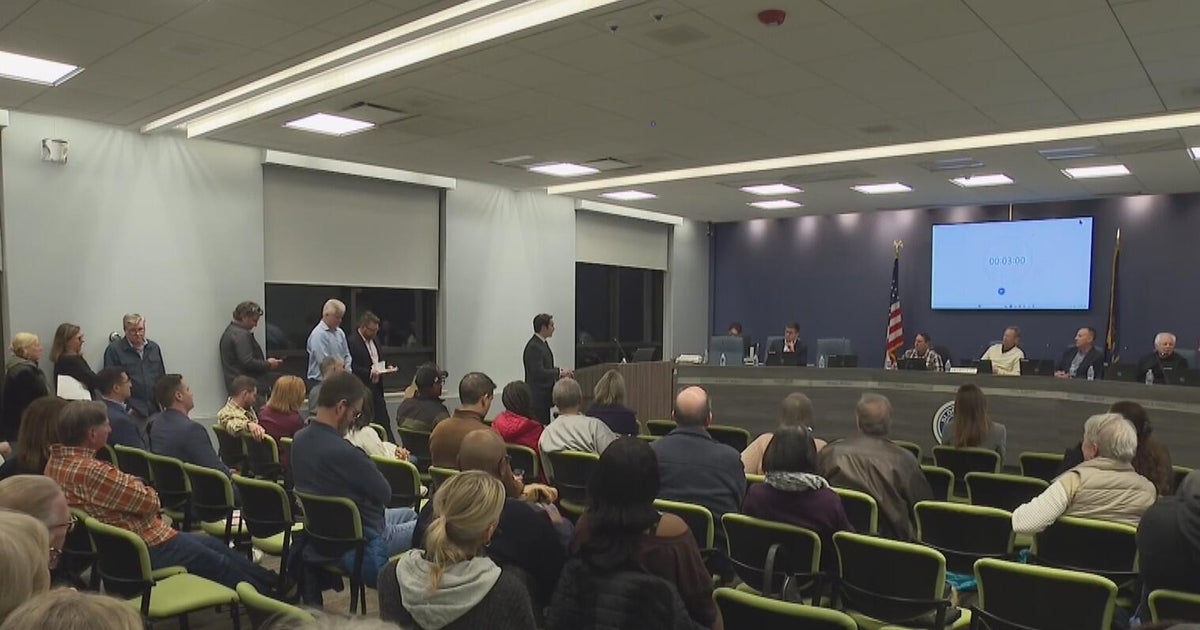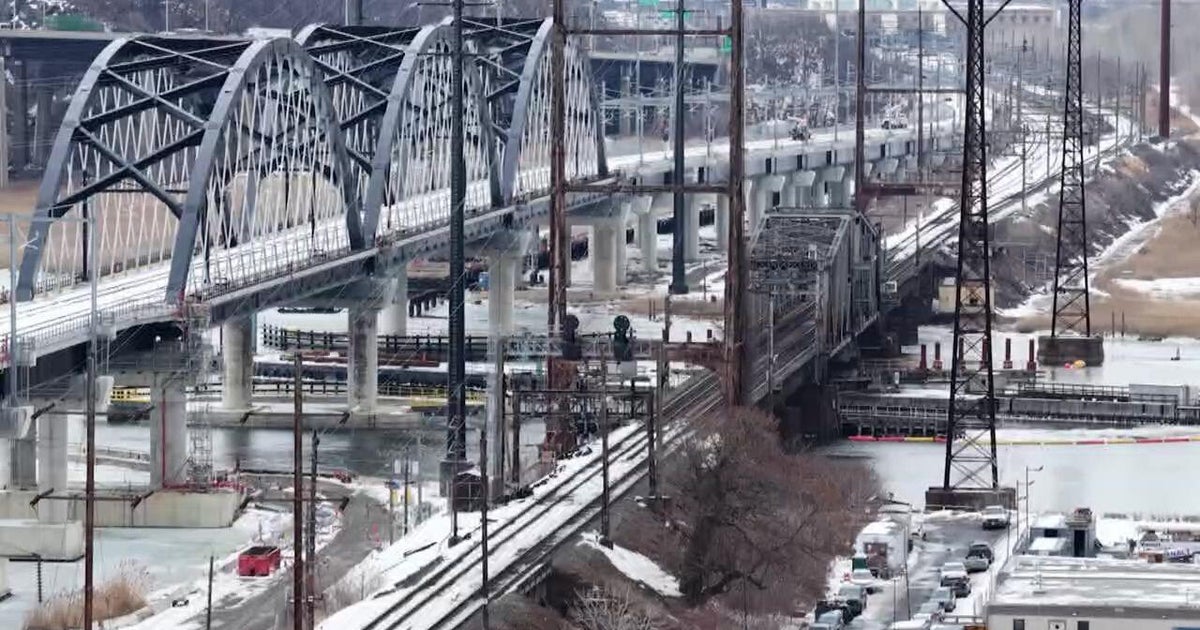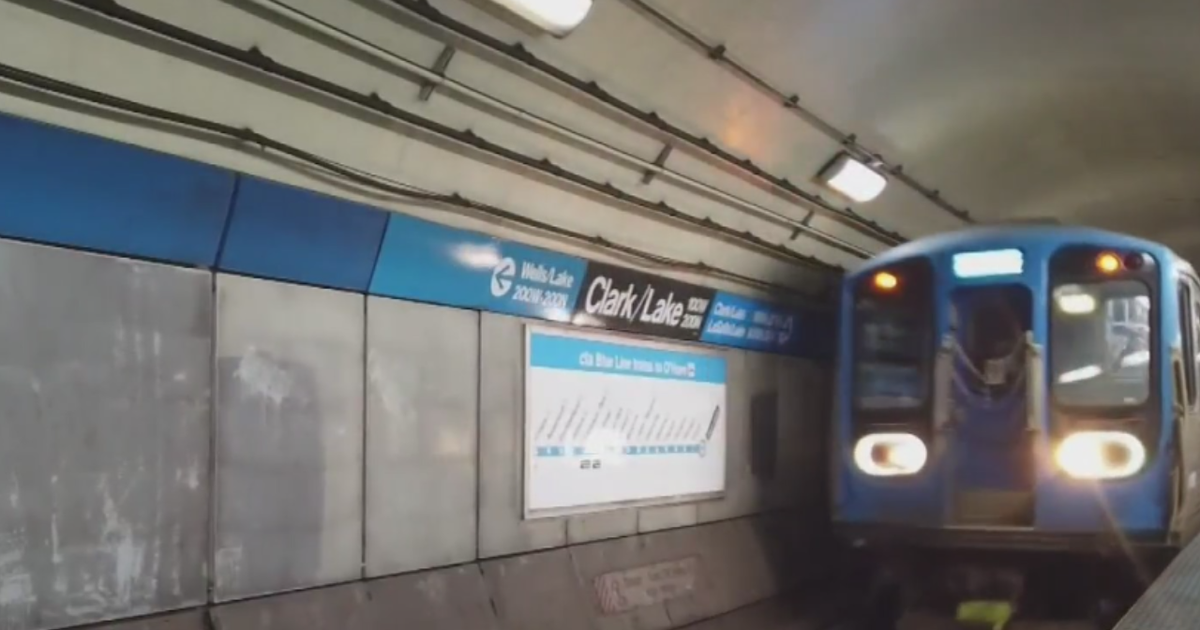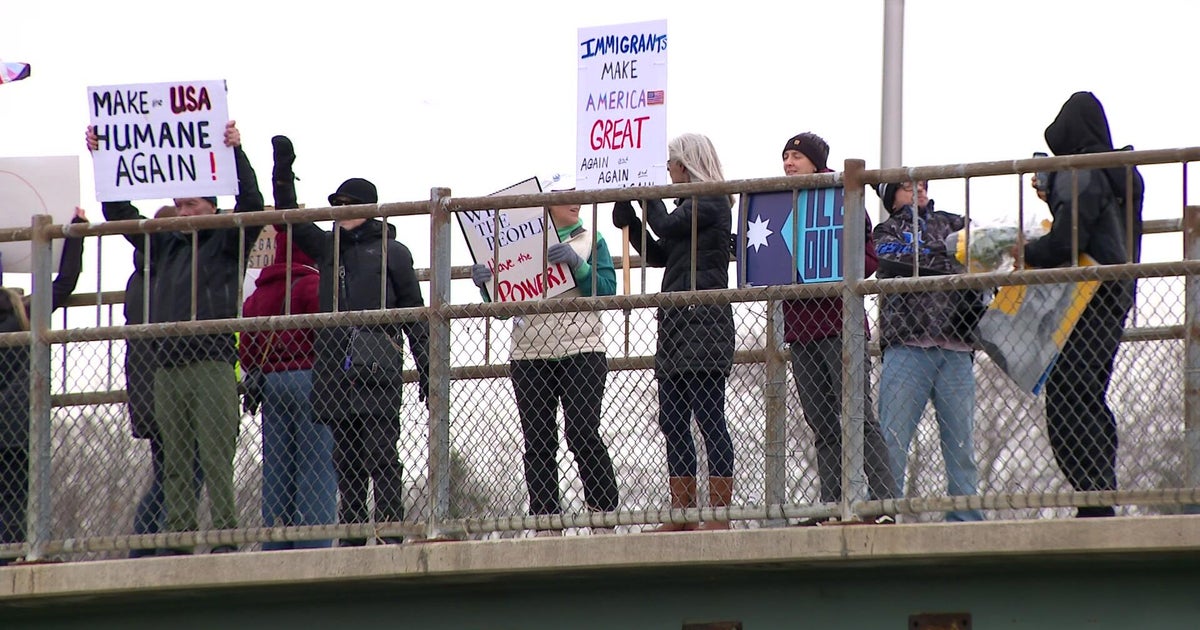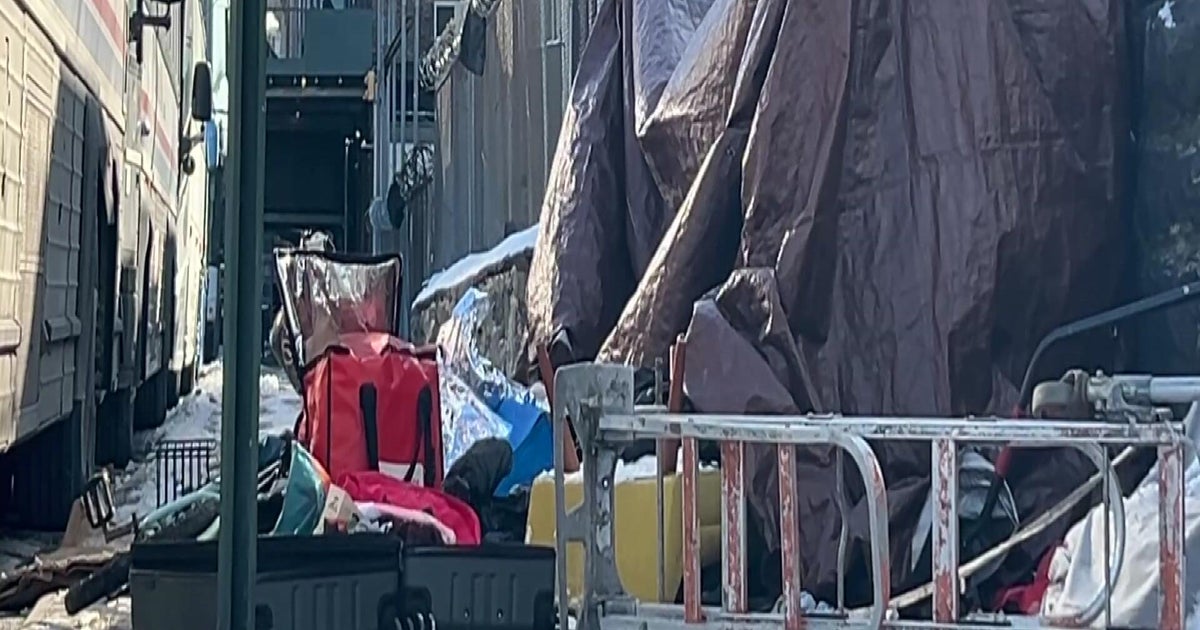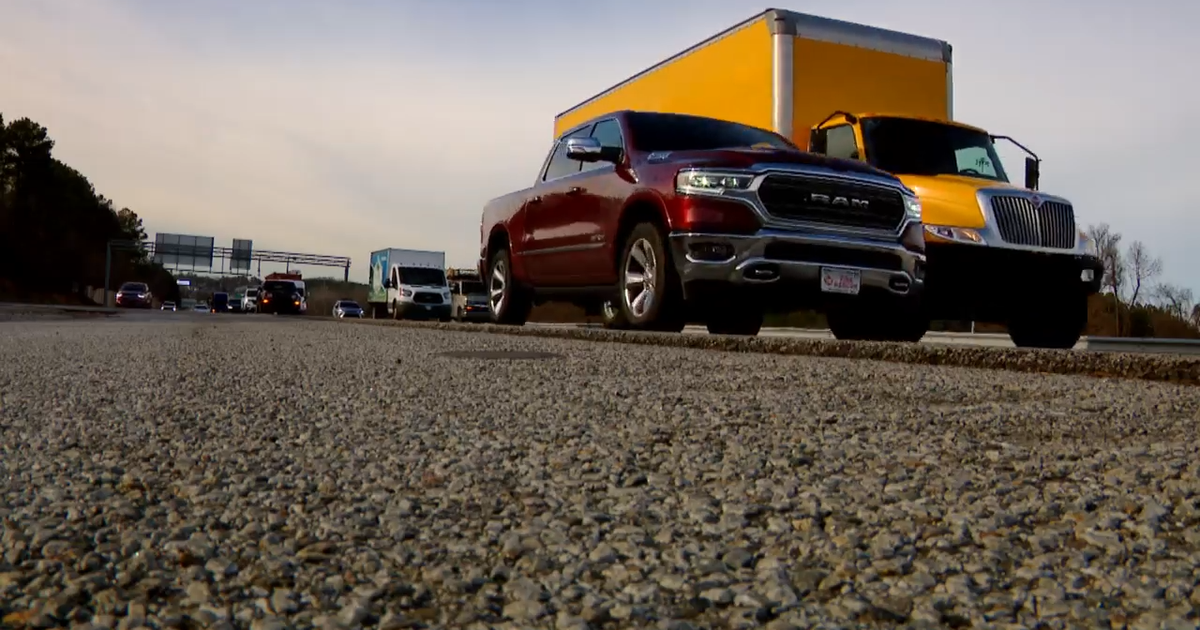MTA's second public hearing on congestion pricing runs nearly 2 hours long as New Yorkers sound off
NEW YORK -- There was another contentious hearing over congestion pricing Saturday.
It was the MTA's second of six public hearings.
Nearly 200 people signed up to speak, causing the hearing to run nearly two hours past the scheduled 1 p.m. end time.
While the agency still has a lot of decisions to make, including how much the toll rate will be, taxpayers have a lot to say, CBS2's Christina Fan reported.
Approach anyone on the streets of Manhattan and they likely have an opinion on congestion pricing, whether they're a private chauffeur or a longtime public transit rider.
"It's not going to help an individual person. It's going to help the city probably, to collect more money," said driver Mike Economou.
"There's no reason for the number of cars we have. This city was not built for cars. Neither was London, and they made it work. You don't dare have a car in London," said Kathleen Mattessich, an Upper West Side resident.
The idea of congestion pricing is to reduce traffic in the places where it's worst: 60th Street down to the Battery, exempting the West Side Highway and FDR Drive.
The MTA said it's a crucial financial lifeline for mass transit.
"Very important to keep the system in a state of good repair. New tracks, new signals, new rolling stock, new stations, new accessible stations," said Andrew Albert, chair of the NYC Riders Council and a non-voting MTA Board member.
But many residents who live near the dividing line on 60th Street fear Upper Manhattan could start looking more like Lower Manhattan as driving patterns change to avoid the tolls.
"How can we park here without having other people from other places come and park?" said a woman at the first hearing.
What about crime on subways? Speakers at the first public hearing squared off on what they think is the more dangerous way to travel.
"Commuters are afraid to ride mass transit. So why does anyone think they will give up their cars and put their health and safety in jeopardy?" one person said.
"Enough with the rhetoric about unsafe subways for the elderly. Are highways any safer?" said Evan Ferrer, from Morningside Heights.
The MTA still has to figure out how much the tolls would be and who would get discounts or exemptions.
"Police, fire, sanitation, I'm sure they are gonna be exempted from it. Vehicles that carry folks that are not ambulatory, they'll be exempted from it. Hospital vehicles, fire department vehicles, all of these things are on the table," said Albert.
The remaining public hearings are scheduled through Aug. 31. About 150 people are registered to speak at each.

